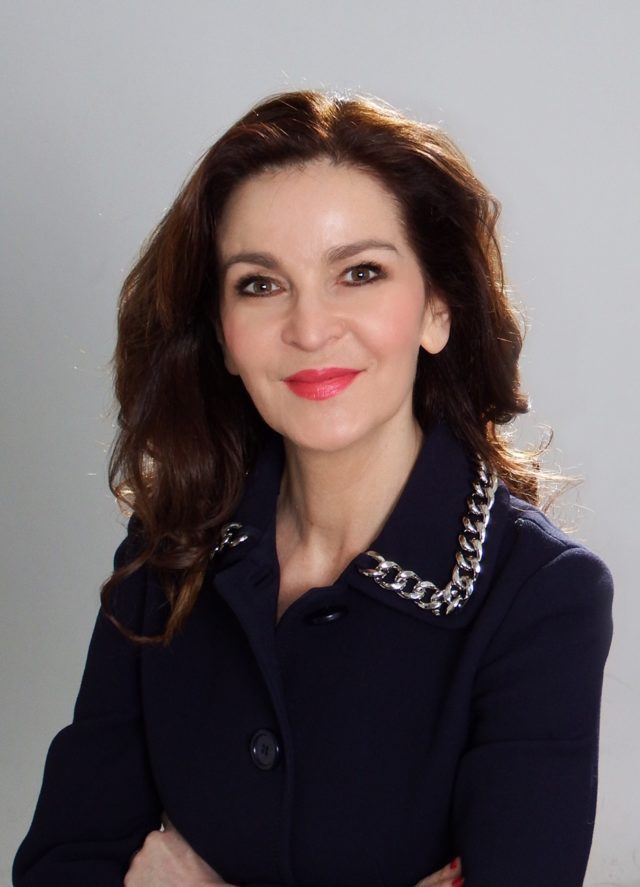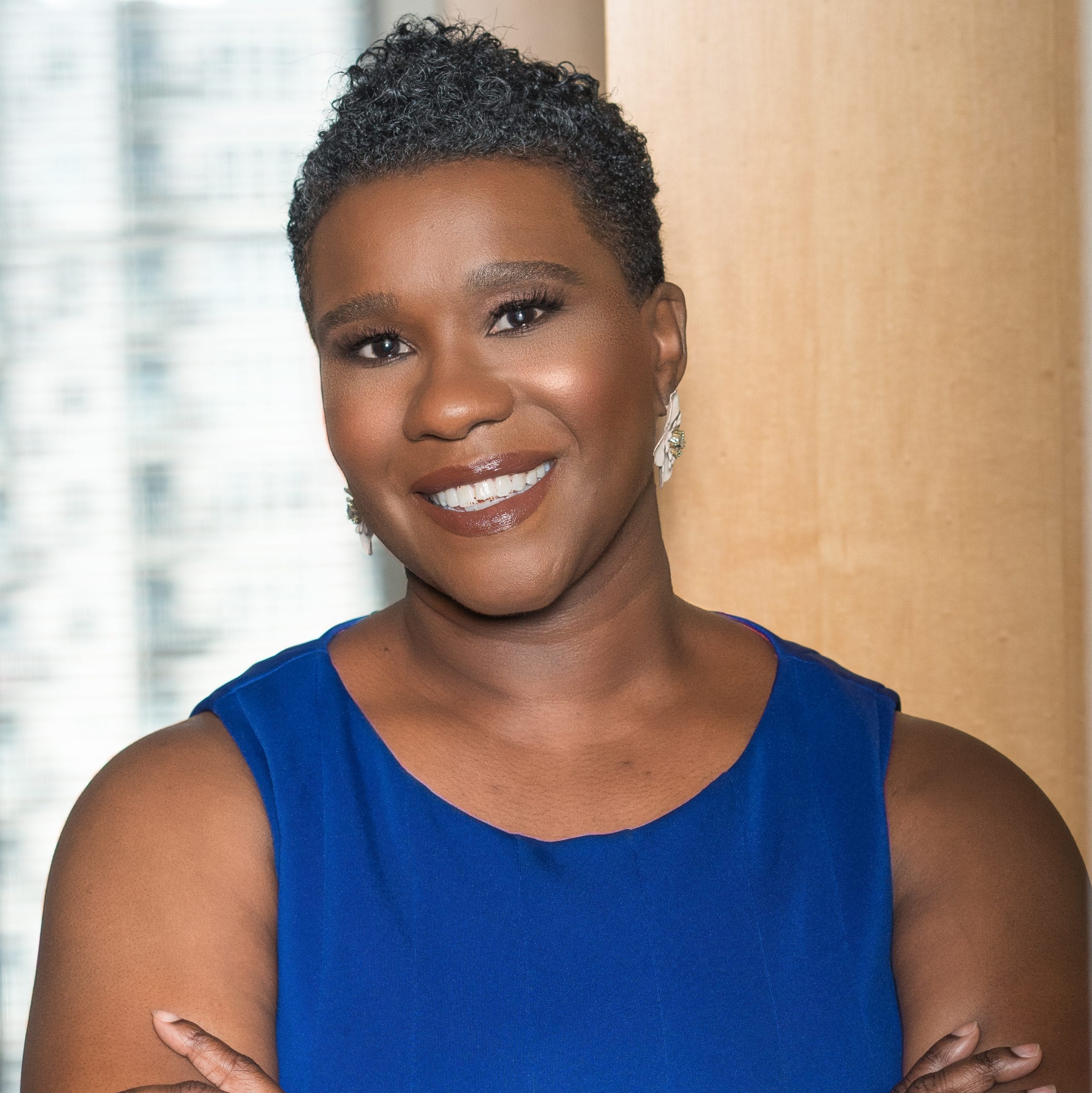Do We Still Need a Career Plan?

Long gone are the days when we could consider spending our whole career at the same company… The working world has seen many shifts in recent years. If you’re ambitious, you might wonder if you should seize opportunities as they arise or if it’s still preferable to concoct a good old-fashioned career plan. The answer is nuanced. To shed some light on this, two professionals share their views on the topic.
Use development to progress, says Brigitte Simard
While she deems a career plan to be a good idea, Brigitte Simard, president of the headhunting firm Intel2Talent, nevertheless points out that these days we talk more about a development plan. “Before, we used to think more in terms of linear progression and the salary increase that came with it, whether within the same company or not. Our employer was also the one who offered us training according to the needs that had to be met. Now, it’s up to the individual to get training and set up a strategy for developing their skills and abilities, according to the goal they want to reach,” she explains.
To do this, she suggests doing a deep introspection with the aim of identifying your professional desires and the corresponding expertise, all to expand your own toolbox. This doesn’t necessarily mean signing up for workshops or courses. It can, for example, take the form of a request for reassignment to another sector of the company, to broaden your field of action and add a string to your bow. This lateral move can, in the long run, help you bridge the gap and reach your goals.
And why does Brigitte Simard consider it preferable to create a plan? “Without a guideline, we tend to go in circles. Devising a plan helps us know where we want to go and how we’ll get there, and what means to use to make it happen,” she emphasizes.
Brigitte Simard encourages women to try this out. She has noticed that women are generally less inclined to set specific career goals than their male counterparts. “We’re afraid of being judged if we voice our ambitions too clearly. By contrast, a man won’t worry, for example, about saying that he wants to be in management within the next 5 years. But, let’s not forget that if we don’t formulate things, it will be that much more difficult to know which path to follow to get there,” she warns.
In this respect, having a mentor can significantly help your progress. It helps you to take stock of your strengths objectively, along with areas to be improved and the additional skills and know-how to be developed.
Avoid overly rigid plans, says Stéphanie Trudeau
For her part, Stéphanie Trudeau, Executive Vice-President, Quebec, at Énergir, never defined a career plan as such, even though she had some clear objectives in mind. “Several elements were fundamental in my eyes. I wanted to work in a company that matched my values and to be able to participate in decision-making. I’ve managed to do that so far, by seizing the opportunities that have come my way,” she says. She has risen through the ranks at Énergir, repeatedly accepting new challenges that have forced her out of her comfort zone while allowing her to acquire new knowledge and skills.
“If the goals we set for ourselves are too rigid – for example, wanting to be in a management position at 40 – we’ll tend to make decisions that won’t satisfy us when all is said and done. I’ve seen people accept jobs in companies where they’re unhappy, just to follow their career plan. In my opinion, they can’t come away winners like this” Stéphanie clarifies.
She believes that the main thing is to really know yourself, build your self-confidence, and then stay open to opportunities that crop up. After all, showing that you can adapt and rise to a challenge, even if it doesn’t fit your original game plan, is a key ingredient for progress.
Follow us on Facebook and LinkedIn, and subscribe to our newsletter for all of the latest content









